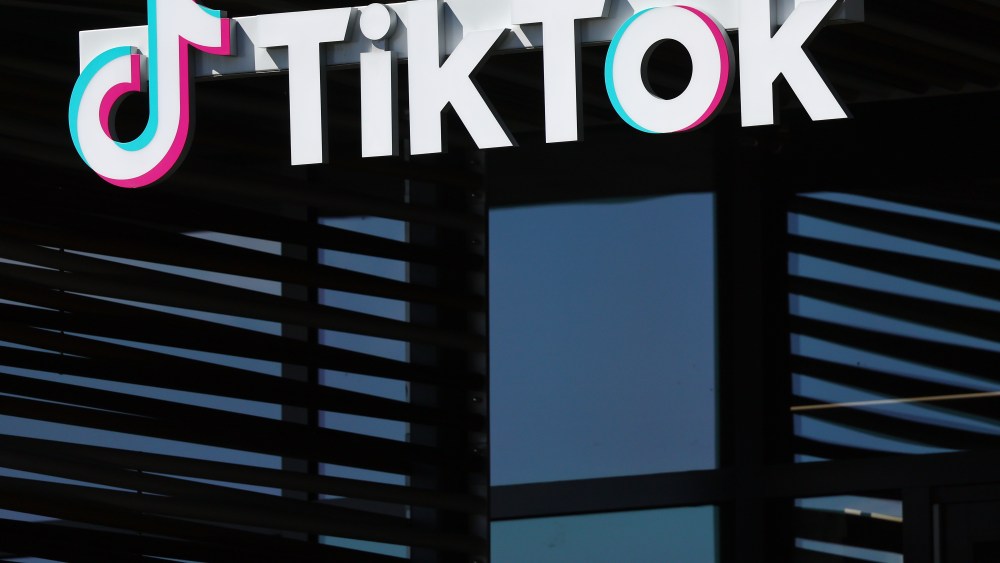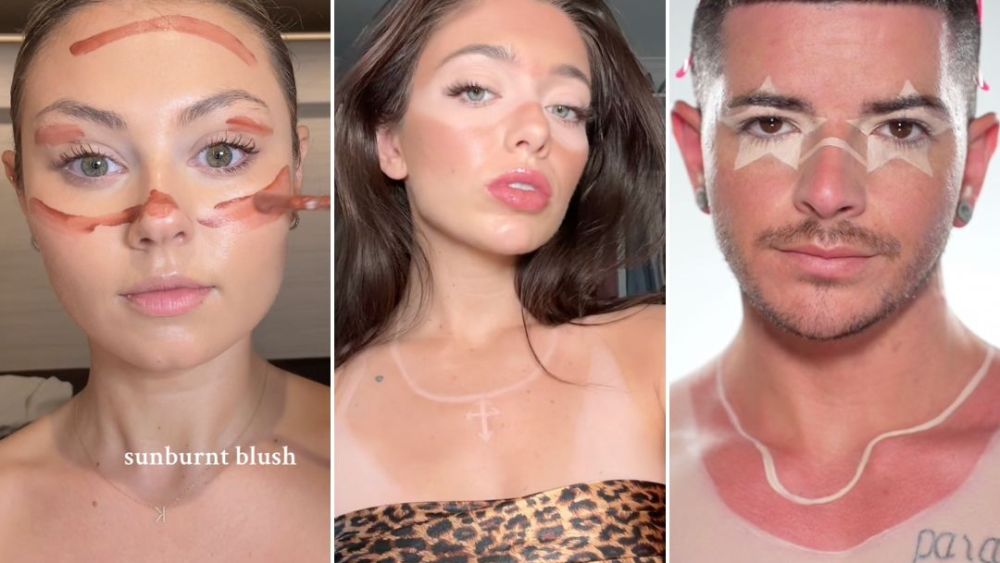After Friday’s oral arguments in the U.S. Supreme Court, the justices appeared to be signaling a TikTok ban.
The court appeared to be leaning toward the federal government’s suggestion that a national security threat was enough to make ByteDance, the app’s parent company, sell it to an American company. Earlier this week “Shark Tank” investor Kevin O’Leary and billionaire Frank McCourt stepped forward as potential buyers. That deal would need to take place by Jan. 19, when TikTok is scheduled to go dark. Should the high court step in to block it, the fade to black on TikTok would be put off.
Given how major brands like PacSun, Ralph Lauren and Nike use TikTok to connect with consumers, and how influencers tempt shoppers with hauls, freebies and new products, there’s a lot at stake for the fashion industry. Never mind the amount of goods that are sold via the TikTok Shop.
A ban could also greatly impact its growing marketplace, including TikTok Shop, according to Darpan Seth, chief executive officer of Nextuple. Despite the uncertainty, the platform has demonstrated strong momentum in e-commerce, with TikTok Shop generating an estimated $1.5 billion in U.S. sales by late 2024. He also noted that TikTok’s demographics are extending beyond Gen Z to Millennials and Gen X, “which could drive further marketplace growth.” Seth said TikTok Shop could potentially dominate global digital commerce with its $25 billion projection.
You May Also Like
Susan Scafidi, academic director of the Fashion Law Institute at Fordham University, said, “The loss of TikTok, even on a temporary basis, would upend the influencer economy in the U.S. and eliminate a key marketing channel for many fashion brands, especially those with Millennial and younger audiences. Social media adapts quickly, and much of the activity on TikTok could migrate to other platforms, but business as usual in the form of product promotion would be at least briefly chaotic.“
Needless to say, quite a few influencer contracts would also have to be reinterpreted or renegotiated, should TikTok posts no longer be an option, she added.
However, brand protection teams “may appreciate a respite from TikTok’s dupe culture, which recently caused the Walmart Birkin look-alikes to go viral, but the celebration of cheap copies preexisted TikTok and would survive its demise,” Scafidi said. “The U.S. may be prepared to go nuclear on TikTok if ByteDance insists on retaining ownership of its operations here, but like cockroaches, counterfeits will somehow survive.”
Maryanne Grisz, president and CEO of the Fashion Group International, said, “TikTok is a cultural driver for discovery. The platform has become a leader as a marketing and selling tool for many small businesses and creators. New restrictions imposed on the platform will force those who are dependent on it to seek other alternatives and open new systems of e-commerce and communication. This will create opportunity for other platforms to service a new need in the industry.”
Trendalytics’ Michael Appler said, “There are some brands who’ve already divested their marketing from TikTok, and the ones who have, obviously, have engineered a ready-made and diversified marketing strategy to take this potential ban in stride. But among those who engaged widely on TikTok, the brands who used the platform to make TikToks, not ads — who found ways to build connection and engagement with younger customers — will come out of this difficult transition with greater leverage to pivot.”
While many political observers see the potential ban as an effort by the U.S. to be tough on China, President-elect Donald Trump has asked the Supreme Court to delay its implementation of the upcoming law and reportedly met with TikTok’s CEO Shou Chew last month. This is a notable change from 2020 when Trump issued a presidential executive order for ByteDance to divest from TikTok in the U.S. Meanwhile, the Justice Department has asked the Supreme Court to reject Trump’s plea.
He added, “When we look back at the creator economy bubble spurred by TikTok over the last few years, the brands who pursued the former will find those budgets barely worth the squeeze — and the marketing shift excruciating.
Brands must act swiftly to diversify their digital marketing strategies, explore alternative channels, and strengthen direct consumer relationships. And if the court does order a stay — as the President-elect requested — or strikes down the law altogether? Take the lesson, and diversify your marketing channels anyway.“
While Nicole Miller is happy to get a break from social media and sometimes finds herself going down a rabbit hole on TikTok, she said she feels “badly for the people who make their living from it.”
She added, “It’s not clear that a ban will be that effective as creative people always seem to find a way around it and new platforms are always popping up.“


